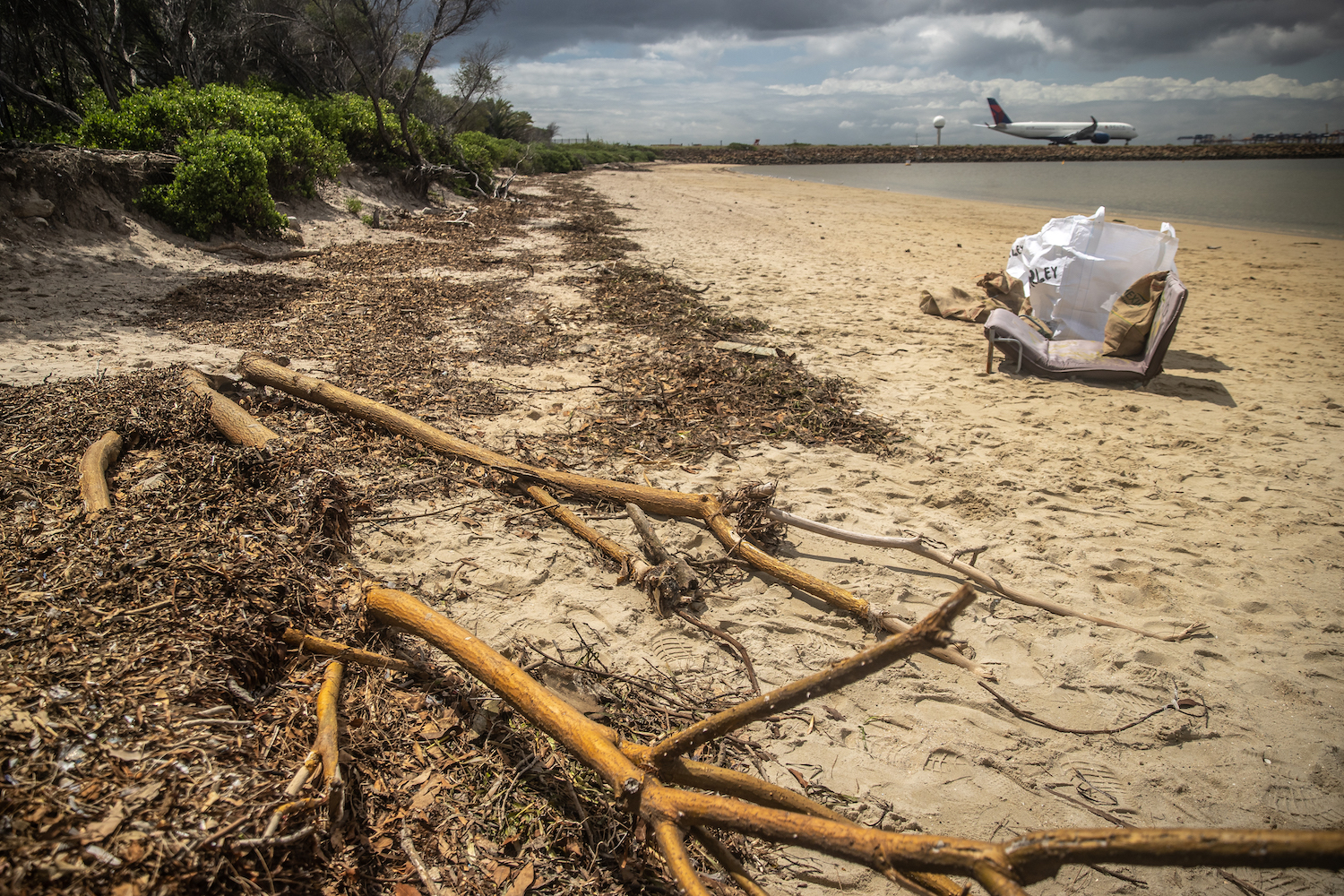Plastic and marine debris are a growing concern for our oceans and coastlines. The impact of plastic pollution on marine life and ecosystems is devastating and cannot be ignored. According to a recent assessment by the UN Environment, plastic pollution in oceans and other bodies of water could more than double by 2030. Up to 90% of trash floating in the ocean and littering our shores is plastic. Plastics can harm wildlife, damage coastal habitats, impact local economies, and even threaten human health.
In response to this, we’ve partnered with Parley for the Oceans to change the lending experience and make a difference. For every home loan that is settled, WLTH will assist and empower Parley for the Ocean teams to cleanup 50m² of beach or coastline throughout Australia and around the world.
Removing plastic and marine debris from our oceans and coastlines is essential to the health of our planet. The majority of plastic waste ending up in oceans comes from land due to limited or nonexistent waste management. Plastics never fully biodegrade and can persist in the ocean for hundreds of years, breaking down into smaller microplastics that are easily ingested by marine life.The ripple effect of negative consequences are endless, and it all comes back to haunt us in the food we eat, the air we breathe, from generation to generation.
It may seem inconsequential, but cleaning up plastic and marine debris from our oceans and coastlines can have a significant impact on all life on earth. Coastal habitats provide a range of ecosystem services, from supporting commercial and recreational activities to protecting against storms and providing breeding grounds for marine life.
Cleaning up plastic and marine debris from our oceans and coastlines requires a concerted effort from individuals, governments, and businesses. This is where WLTH wants to make a difference, to set an example in the finance industry and empower borrowers with a better choice. Preventing plastic waste from entering the ocean is crucial, and efforts to improve waste management and reduce plastic use must be prioritised.
To conclude, the plastic pollution crisis is not up to any individual to solve, but a global effort. It is in the everyday decisions we make, the products we buy, and the businesses we support. Aimed at a new generation of customers who are driven by authentic, impactful commitments to environmental responsibility, WLTH provides a more sustainable lending choice that makes an authentic difference.

